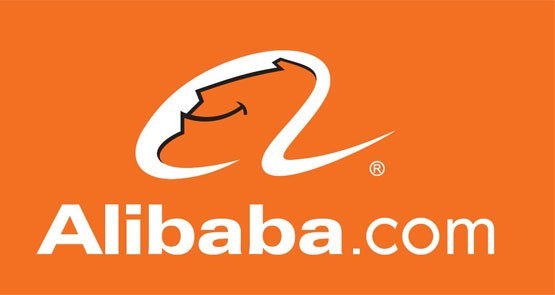
Alibaba, the Chinese internet behemoth, has opened its first office in Australia — news that should provide a wake-up call to the hysterics that China wants to “buy the farm” with its purchase of Australian agricultural business and land.
As we told you in yesterday’s Tips and Rumours, New York-listed Alibaba, headquartered in the Chinese city of Hangzhou, less than an hour’s train ride from Shanghai, is making a major push into Australia.
The company has already made two senior appointments. John O’Loghlen, a New Zealand entrepreneur and former Goldman Sachs banker responsible for innovative Beijing online pizza shop Gung Ho Pizza, started with Alibaba last month as its Australian business development manager. And James Hudson, one-time CSIRO communications manager, who has spent the past three years as the NSW executive director of the Australian China Business Council, will run marketing and communications come mid-May.
Alibaba already has a huge Australian customer base for its online wholesale business.
As has been noted on plenty of occasions, it’s very hard to pack up a cattle station and take it to China. It’s also very hard for a foreign company (it’s worth noting that Brazilians own a lot more of Australia’s agriculture sector than the Chinese) to make such a purchase and decide to take all the product (in this case, let’s say milk) for its home market. The Foreign Investment Review Board’s job, at least, should be to ensure, as a condition of the sale, that this does not happen.
It’s much easier, on the other hand, for a well-oiled foreign business to enter Australia’s very free markets with the aim of taking market share — and tax revenue — away from existing players.
In most sectors of Australian business there is a mix of local and foreign-owned players, or, at the very least, in the case of the big miners banks and Telstra, companies that have significant percentages of their shareholdings held by offshore investors.
Other foreign internet businesses, led by Google and Facebook, have already proven adept at taking significant slices of the Australian media advertising market. Apple, and more recently Netflix and Amazon, are taking an increasing proportion of home entertainment revenues away from Australian retailers and existing music labels and film companies. Amazon and eBay have led the online retailing revolution that has forever disrupted drowsy Australian shopfront retailers.
Australia already had a sniff of Chinese internet giants heading its way last year when Alibaba rival JD.com, a company controlled by Tencent, came to town with great fanfare. Tencent, together with Alibaba and Chinese search giant Baidu, form the Big Three in the Chinese internet sector.
But JD.com simply uses agents to source Australian goods to flog on its online malls. Up until now so has Alibaba — and companies like sharemarket darling Blackmores, the health supplements group whose stock soared 600% on the Australian Stock Exchange last year, largely due to its surging growth in China and other parts of Asia, can attest to the efficacy of Chinese e-commerce companies as sales channels.
Chinese companies are also coming into the electronics sector, led by telecoms equipment maker and fast-emerging serious player in the smartphone handset business Huawei Technologies. Alibaba’s move can also be seen in the context of a broader trend of Chinese business making a fresh push in their “going out strategy”.
The truth is that Australian businesses have long been protected by a combination of the tyranny of distance and the relatively small size of the market. The internet has dramatically lowered barriers to entry, and offshoring has lowered the cost base for online services, meaning that companies like Alibaba can crack up operations in places like Australia in a relatively low-risk way.
And these days, Alibaba does a lot more than online sourcing. It has a formidable e-commerce business that some attendees to the “Australia Week in China” business delegation will see up close in the shape of Taobao and T-Mall, China’s equivalent to eBay and Amazon — on steroids.
It is also fast moving into other sectors, notably online financial services, with its Ant Financial group using the disruptive “fintech” (financial technology) that we keep hearing about; Alibaba is actually walking the walk. It has a film arm and recently bought one of Asia’s standout English-language publications, The South China Morning Post.
Alibaba is a deeply ambitious company. Any Australian company in its path — and that could eventually include the banks — should look out, or at least wake up.








We can but hope this will inspire Crikey and others to fight for more funding to Australian Security Services; but I acknowledge that such hopes remain a tad over-optimistic.